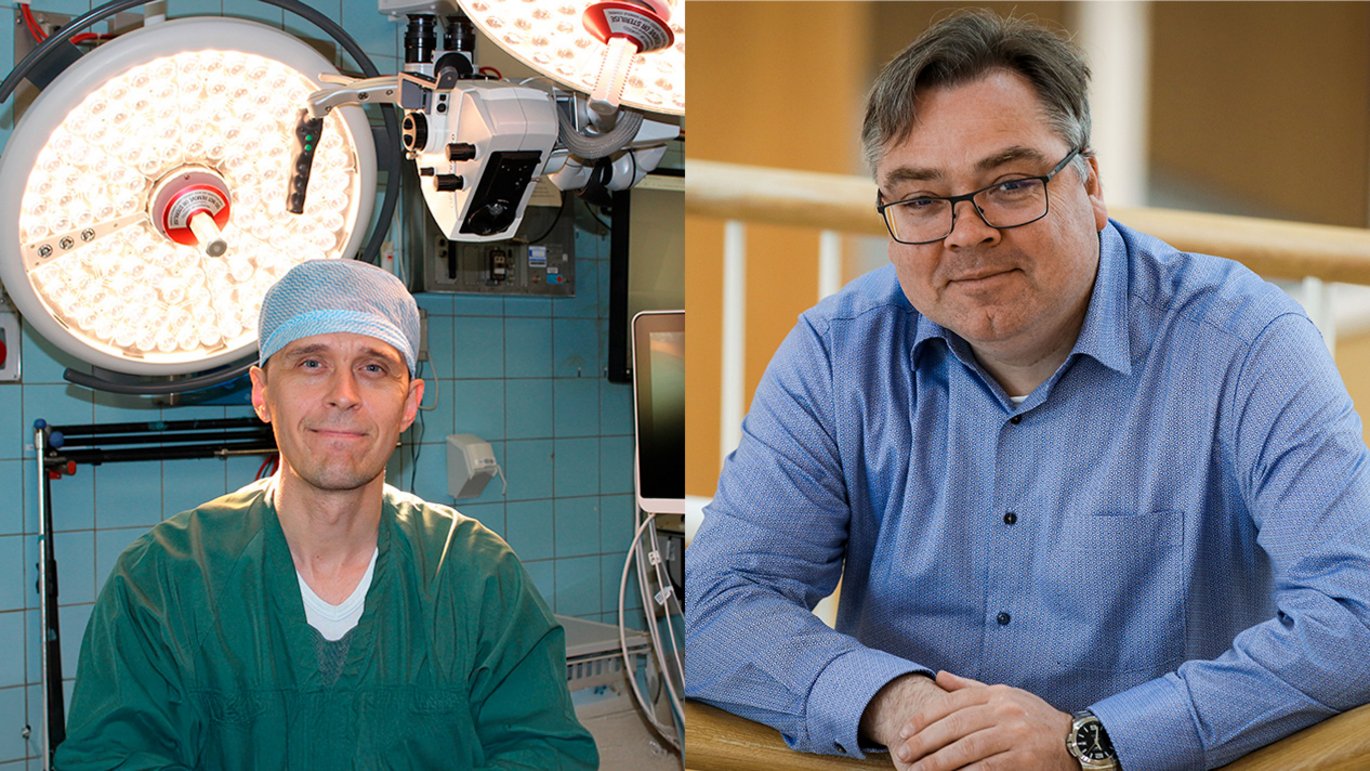New hope for treating skull injuries: Immune cells strengthen artificial implants
Instead of using a patient’s own bone or titanium to repair skull fractures, researchers are working on using artificial materials. New research - surprisingly - shows that the body’s immune system helps strengthen artificial material.

When a patient loses part of their skull after an accident, surgeons often use a piece of the patient’s own cranial bone to repair the damage.
This is an effective but demanding solution with a risk of complications.
That’s why researchers have long been searching for artificial materials that the body can accept and naturally integrate for treating skull injuries.
One of the most promising materials is polycaprolactone (PCL) - a plastic-like substance that slowly dissolves in the body. Until now, it was believed that the immune system hindered its integration.
But in a new study, researchers from the Department of Biomedicine at Aarhus University and the Clinical Institute at Aalborg University suggest a more nuanced view.
The study was recently published in the scientific journal Frontiers in Immunology, and through advanced analyses of PCL implants - including from cranial surgeries in pigs - the researchers discovered that immune cells don’t just try to break down the material - they can actually reinforce it.
“Immune cells - monocytes and T lymphocytes - are quickly recruited to the implant and form special giant cells that interact with the material and deposit structures that make it more robust,” explains clinical lecturer at Aalborg University, Halldór Bjarki Einarsson, the study’s lead author.
A dual role for the immune system
The researchers found that it is primarily spontaneous hydrolysis - a chemical process that occurs without cellular help - that breaks down the PCL material. Instead, the immune cells contribute stability. Among other things, they secrete molecules that form strong bonds to the surface of the material.
The result is a surprisingly strengthened implant in the early stages after insertion, says Professor Thomas Vorup-Jensen from the Department of Biomedicine at Aarhus University, who is also involved in the study.
“The hypothesis was that cells would degrade the material since it’s a foreign object. But we discovered that immune cells can be both enemy and ally. They can contribute to inflammation but also to strengthening and integrating the implant, and that’s a significant shift in our understanding,” he explains.
Implications for future implants
The study opens new doors for both doctors and researchers. By understanding and targeting the immune system’s response, they may one day develop implants that cooperate with the body instead of being rejected by it.
“This brings hope for better, safer, and more durable solutions for patients with severe bone injuries,” says Thomas Vorup-Jensen.
Next, the researchers want to study how these mechanisms operate in humans or animal models over longer periods. The goal is to gain a more precise understanding of how the entire body affects implants - and how best to manage the biological response.
Behind the study
- The study is basic research.
- Collaborating partners from Denmark and abroad: AU Engineering, Vrije University Medical Center, Amsterdam, Netherlands and Stanford University School of Medicine, California, USA.
- The work stems from the so-called LUNA center at Aarhus University - a cross-disciplinary center (The Lundbeck Foundation Nanomedicine Centre for Individualized Management of Tissue Damage and Regeneration), originally led by Dean of Health Allan Flyvbjerg and Prof. Jørgen Kjems (iNANO).
- External funding: The Danish Council for Strategic Research.
- Read more in the scientific article: https://www.frontiersin.org/journals/immunology/articles/10.3389/fimmu.2025.1572238/full
Contact
Professor Thomas Vorup-Jensen
Aarhus University, Department of Biomedicine
Phone: +45 21 48 97 81
Email: vorup-jensen@biomed.au.dk
Clinical Lecturer and Physician Halldór Bjarki Einarsson
Aalborg University, Clinical Institute and Aalborg University Hospital
Phone: +45 50 40 38 39
Email: halldorbe@dcm.aau.dk
This text is based on mashine translation